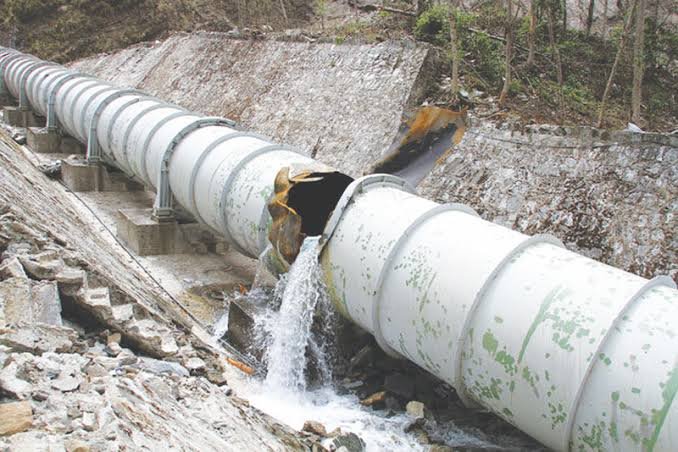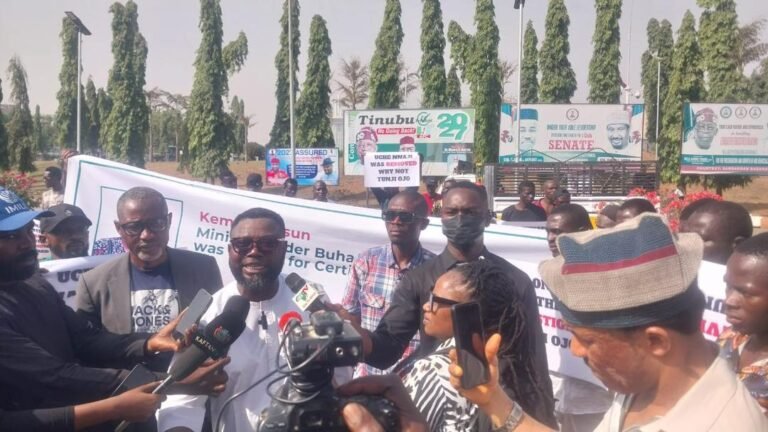
Oni, who is also a partner at Bloomfield Law Firm, recommended the deployment of drones, pipe-in-pipe systems, fibre-optic sensors, and pressure-drop-controlled flow stations to enhance pipeline monitoring and functionality.
He gave the advice in an interview with the News Agency of Nigeria (NAN) on Friday in Lagos.
He said this recommended strategies would safeguard the nation’s pipeline system from continuous vandalisation.
According to Oni, strenghtening security measures is essential for curbing illegal activities and ensuring a steady revenue flow from oil and gas, which are critical to the country’s development.
He further explained that ensuring a steady supply of feedstock was essential for achieving optimal refinery production, which would help meet domestic fuel demand and reduce dependence on fuel imports.
He said, “Local refineries must explore various options to ensure continuous access to feedstock, which is necessary to maintain optimal refining levels.
“The distance from the feedstock source and its type can affect refining economics, and refineries must minimise dependency on the government for supply.”
Oni said that establishing strategic partnerships with upstream oil producers and situating refineries near crude sources, could guarantee steady supply of crude.
He noted that conventional refineries with larger crude requirements might consider sourcing from international markets.
The expert added that for modular refineries, co-locating them within existing refineries or onshore marginal fields could prove beneficial.
Oni, however, stated that damaged pipelines, shallow water channels, and inadequate logistics and infrastructure were significant challenges facing the refining sector and the broader oil and gas industry.
He explained that pipeline damage had consistently disrupted crude supply, while the country’s rail and inland waterway systems remained suboptimal for transporting large volumes of oil and refined products.
To address these issues, Oni called for significant investments in rail system, dredging and barges, to facilitate efficient transportation.
He stressed that a robust intermodal transport system, combining rail, inland waterways, and road transport, would be essential for optimal refined product distribution,
He also advocated for Public-Private Partnerships (PPP), to bridge Nigeria’s infrastructure gap.
On boosting domestic production, Oni lauded the Dangote Integrated Refinery, which has a refining capacity of 650,000 barrels per day (bpd).
He said that the 20 billion dollars refinery, which began operations in January, had already started producing products such as naphtha and jet fuel.
According to OPEC’s 2021 World Oil Outlook, Africa’s medium-term oil outlook is more optimistic, with 1.2 million bpd of new capacity expected by 2026, half of which will come from the Dangote refinery.
He said that since its commissioning, the Dangote refinery had reduced fuel imports, saved foreign exchange and alleviated fuel shortages in the country.
He said that with an estimated production of 330,000 bpd of petrol, the refinery accounts for over one per cent of global petrol demand.
Oni also mentioned that the Nigerian National Petroleum Company Ltd. (NNPCL), had announced the re-streaming of the Port Harcourt refinery, signaling the government’s commitment to enhancing crude oil processing and delivering petroleum products to the market.
He noted that this project involves engineering, procurement, construction, installation, and commissioning (EPCIC) efforts, aimed at restoring the refinery’s full functionality.
He stated that in the final quarter of 2024, Nigeria achieved a significant milestone, with crude oil and condensate production reaching 1.8 million barrels per day (bpd).
Oni described this achievement as a major step towards meeting OPEC’s production quota, which Nigeria had struggled to fulfill for several years.
NAN








